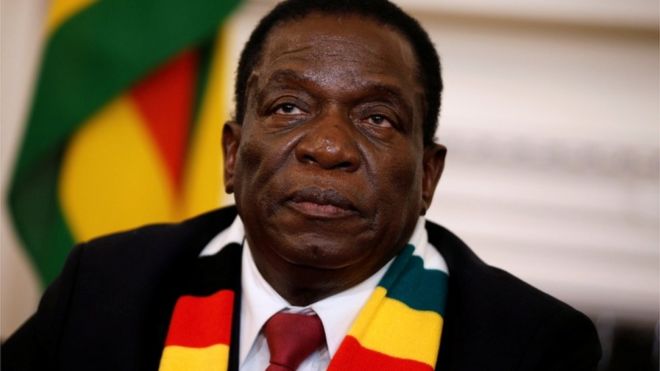Zimbabwe’s finance minister maintained on Monday, January 13, 2020 that the country’s economy would grow three per cent this year despite poor rains that have hurt some crops and persistent power cuts that have hit mines and industry.

The southern African nation is experiencing its worst economic crisis in a decade, compounded by shortages of foreign exchange, fuel, and power as well as a drought in 2019.
These had left half the population in need of food aid.
Mthuli Ncube said in the capital that he felt the government undervalued the contribution of the informal sector to the economy.
Less than 20 per cent of the working population hold formal jobs.
Ncube said in November the economy, which contracted by 6.5 per cent in 2019, would this year rebound as from agriculture and mining output improved.
But many economic analysts expect the economy to worsen.
“We have our own projection of 3 per cent, so you can see that generally there is a feeling that this will be a better year.
“So, we are sticking to our 3 per cent rate of growth,” Ncube said in comments broadcast by a local radio station after a meeting with Chinese officials.
“There is always more activity in the economy than we think.”
The UN has warned that Zimbabwe faced another poor harvest this year because of patchy rains.
Ncube has said the government would spend $133 million this year on subsidies for maize meal to keep the price of the most consumed food affordable.
